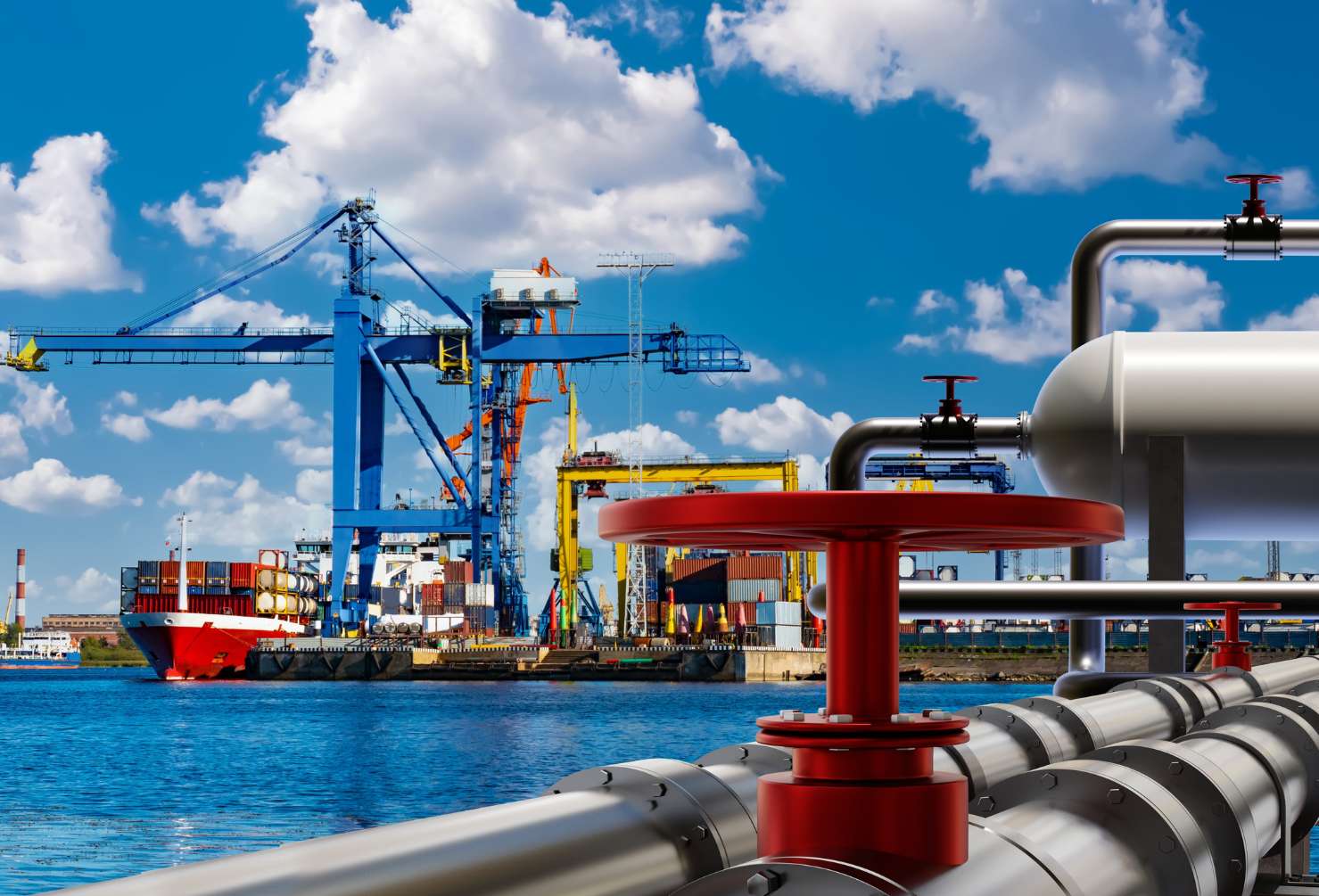
Australia’s oil and gas sector received a major boost in June 2025, with the long-anticipated environmental approval to extend the North West Shelf (NWS) project’s operation until 2070. As the country’s largest and longest-running LNG development, the NWS has been at the heart of WA’s economy and Australia’s export strength for decades. Now, this extension signals not just certainty for operators and investors, but major implications for the workforce that powers it.
In this article, we break down what the NWS extension means for oil and gas professionals, FIFO and DIDO workers, and employers in the sector. We’ll look at workforce demand, skills requirements, and the opportunities that lie ahead.
A Lifeline for LNG Jobs in WA
The NWS extension provides a clear signal to the market that LNG will continue to play a critical role in Australia’s energy mix for decades. For workers, this means:
- Long-term job security on a project that now has a confirmed future beyond 2050
- Ongoing demand for skilled labour across operations, maintenance, brownfield expansion, and decommissioning planning
- New opportunities for apprenticeships, traineeships, and upskilling in modern gas operations
The extension approval also stabilises conditions for the broader LNG supply chain in WA. From contractors to equipment suppliers, there will be consistent activity supporting thousands of direct and indirect jobs.
What’s Driving Workforce Demand on the NWS?
With the green light to operate through to 2070, operators are shifting focus from regulatory uncertainty to delivery. This means increased activity across several workforce-heavy areas:
1. Asset life extension and upgrades
Keeping facilities safe and productive for another 45 years will require:
- Significant brownfield engineering and construction works
- Ongoing maintenance and integrity management programs
- Upgrades to align with emissions targets and digital integration
2. Third-party gas processing
The NWS will continue to process gas from other offshore fields, including Scarborough and Browse, extending the demand for operational and technical expertise.
3. Eventual decommissioning planning
While 2070 seems far off, planning for decommissioning phases will need to ramp up. This will generate demand for specialists in project planning, environmental management, and dismantling.
For employers, this means planning for a workforce that can deliver across multiple project phases simultaneously. From expansion to shutdown preparation, versatility will be key.
Opportunities for Field-Based Workers
For FIFO and DIDO workers, the NWS extension is significant. The project is one of the largest employers of FIFO labour in Australia, and its continued operation means:
- Sustained demand for tradespeople: mechanical fitters, riggers, electricians, scaffolders, and more
- Opportunities for supervisory roles as operations scale up and diversify
- Increased pathways into long-term, stable employment with reputable operators and contractors
Employers are likely to increase investment in retention initiatives for FIFO teams, including roster flexibility, site amenities, and wellbeing programs, to secure critical skills over the long term.
Skills That Will Be in High Demand
The NWS extension will drive demand for a range of skills, but several areas are set to stand out:
- Asset integrity and maintenance: Ensuring facilities can operate safely and efficiently to 2070 will require highly skilled maintenance teams
- Process operations: With third-party gas coming into the mix, operators will need process technicians and engineers with experience managing complex, multi-source systems
- Digital and automation skills: Upgrades to plant systems will create demand for workers who can operate and maintain modern control technologies
- HSE and environmental roles: Regulatory and community expectations mean a focus on emissions reduction and safe operations, creating demand for safety professionals
Workers who are adaptable, multi-skilled and open to continuous learning will be in the strongest position as these opportunities open up.
Employer Considerations: Building and Retaining the Right Workforce
For energy sector employers, the NWS extension changes the talent landscape in several ways:
- Retention will be critical: Competing projects like Scarborough, Browse and even hydrogen hubs will be looking for similar skillsets. Employers will need strategies to hold onto experienced talent
- Training and upskilling: Investing in workforce development, including apprenticeships and traineeships, will be key to meeting long-term skills demand
- Balancing experience and new entrants: Employers will need to blend seasoned workers with fresh talent to build resilient teams
There’s also the opportunity for employers to strengthen partnerships with Indigenous communities, local businesses, and regional training providers to create pipelines of talent for the decades ahead.
Broader Implications for Australia’s Oil & Gas Market
The NWS approval offers confidence not just to WA’s gas sector, but to the national market. It signals that despite the growing role of renewables, LNG will remain a central pillar of Australia’s energy strategy and export economy.
For the workforce, this means:
- Gas projects will continue to provide stable, well-paid careers for decades
- Workers can have confidence investing in certifications, licences and upskilling relevant to gas operations
- The oil and gas sector will remain a key employer in regional Australia, particularly in WA
It also highlights the importance of balancing emissions reduction goals with practical energy supply solutions — something the NWS operators have committed to as part of their approval conditions.
Looking Ahead: Key Takeaways for Workers and Employers
The North West Shelf extension is more than just an approval. It’s a roadmap for the future of gas in Australia and a major opportunity for the workforce. The key messages are:
- For workers: Now is the time to position yourself for long-term roles in LNG. Focus on in-demand skills, stay up to date with certifications, and be open to multi-disciplinary work
- For employers: Plan for retention, training and flexible workforce strategies. The competition for skilled workers is set to increase as projects overlap
- For the sector: The NWS extension provides the stability needed to support Australia’s energy security while continuing the transition to cleaner technologies
The North West Shelf has been a cornerstone of Australian gas for 40 years. With this extension, it’s set to remain so for decades more.





